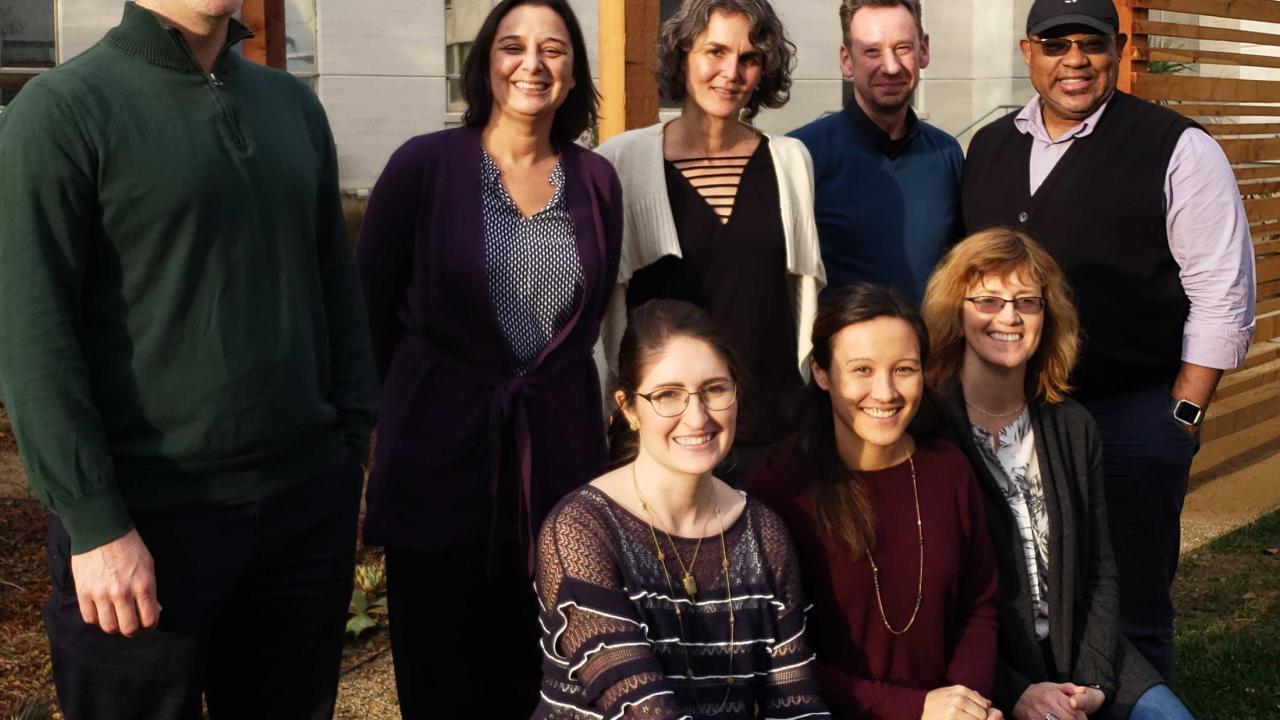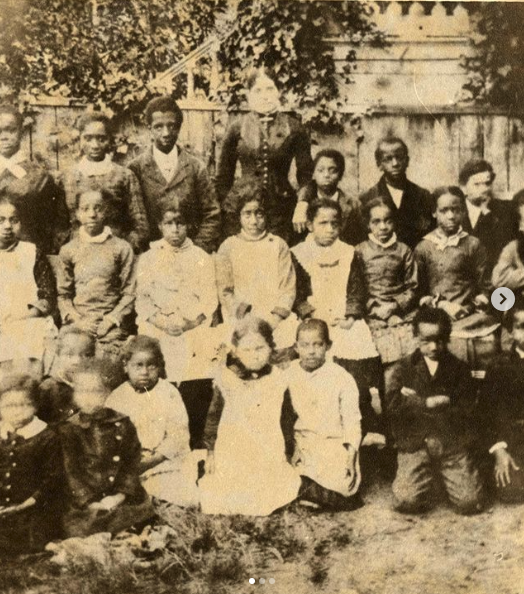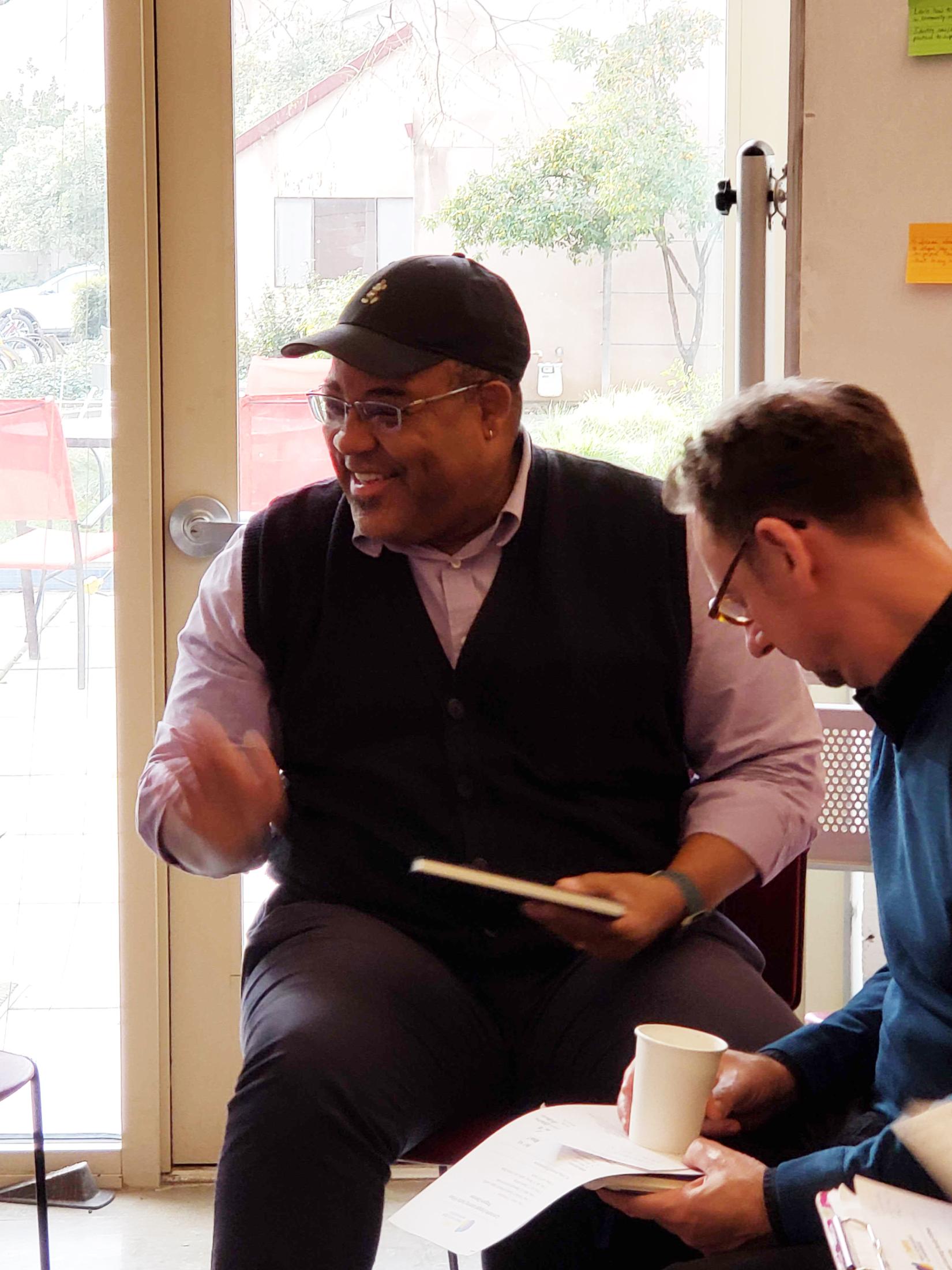
A vision of engaged scholarship that blends teaching, research and service
Catching up with Community Engaged Learning Faculty Fellow Milmon Harrison
By Tessa Hill, Associate Vice Provost of Academic Programs
As Associate Professor Milmon Harrison from African American and African studies began work on his latest book project, he wondered if there were ways he could bring students into the research process as part of his teaching. His current work focuses on collecting oral histories of the Great Migration: the successive movements of Black Americans from the South to the North, East, and West. Milmon thought this research might be an ideal way to teach students about the methods and processes of collecting these histories. Throughout his career, one of the challenges he has faced as a professor was how disparate his teaching, research, and service activities seemed, and this project seemed a perfect opportunity to begin integrating these goals.
“In recent years, I have worked to more closely integrate my teaching, research, and community service concerns and commitments so that all of these important activities would be mutually reinforcing, rather than feel like separate, competing priorities,” Milmon shared.
When he heard about the Community Engaged Learning Faculty Fellows (CELFF) program, he saw it as a chance to enact this vision. In applying for this program, Milmon wanted to imagine teaching courses in a different kind of way: to have his teaching contribute to and inform his research, so that they are mutually reinforcing. He began the CELFF program with an exciting concept: in revising a previously offered Research Methods course in his department, he would specifically teach students about methods in collecting oral histories, and have the students participate in the process of documenting these histories. He envisioned students meeting with community elders, including members of a local church in Sacramento, and participating in story circles where they could hear stories from the Black community. He also planned for students to specifically work with a community partner, the Center for Sacramento History, to work with existing archival materials – including cemetery and prison records – to better understand the lives, deaths and stories of Black community members extending back to the Gold Rush.

Center for Sacramento History
Center for Sacramento History is a historical research center for the Sacramento region. The Center educates and enriches the public by collecting, preserving and making accessible the region's vast cultural heritage. While it maintains museum and archival collections, making them available for study and exhibition, it does not currently maintain on-site permanent display areas as is traditionally found at a museum.
During CELFF meetings, Milmon received feedback from interdisciplinary scholars and delved deeply into the literature on community engaged learning – with this support he developed course plans for Fall 2020. For Milmon, the CELFF program provided “a sense of community with other people who are also trying to change their pedagogical approach – to integrate research, teaching, and service – and to recognize that this work is academic work.” This group also maintained a valuable support network when COVID shutdowns hit the campus, and helped problem-solve what that might mean for course plans.
This Fall Quarter, Milmon is teaching his course, Intro to Research Methods in the African American Community: A service learning experience, with a few key adjustments built in for COVID restrictions and remote learning. Students won't be able to sit in the church in a story circle with community members, but there will be online meetings where they can still hear and record these stories.
“I really want to have young people listening to older people. That is such an important moment. I want our students to hear what the older people, especially elderly African Americans, are thinking about and experiencing in this COVID moment.”

Milmon is now contemplating ways to connect students in the course with seniors in the Sacramento community to assist with needs that have arisen during isolation. Additionally, with the national attention turning towards policing and racism, Milmon predicts that the students will take particular interest in the component of the project looking at arrest and prison records dating back to the Gold Rush era. “We have the opportunity to look at these records and to see what it was that Black people were being arrested for then, and the outcomes of court proceedings, in the context of conversations about policing and race in Sacramento and nationally today.”
For Milmon, the CELFF program was an opportunity to build a community of support as he moved his integrated vision of scholarship forward, particularly as a mid-career faculty member where there are fewer opportunities for campus-based professional development. “I have wanted to see a program like this implemented at UC Davis for a long time now. It feels like faculty requests for this initiative have been heard.”
And, he sees his work as particularly important and timely: “My project will help broaden public understanding of the Black presence and contribution to the Central Valley and California. My students and I will represent the university as publicly engaged scholars, thereby helping fulfill UC’s commitment to serving the people of the state.”
